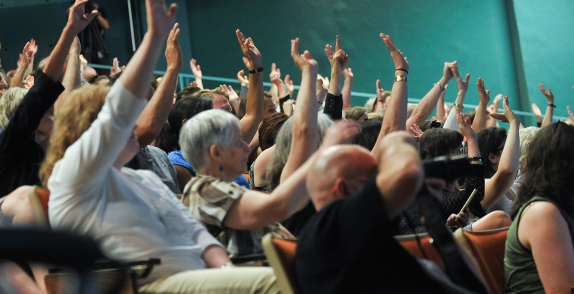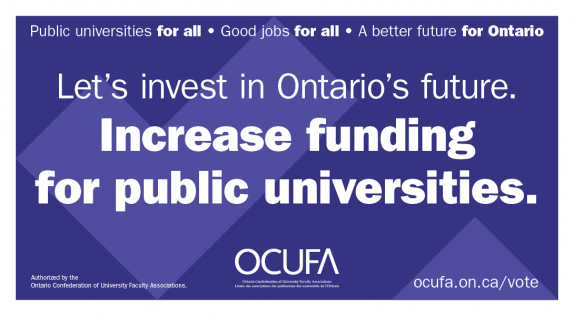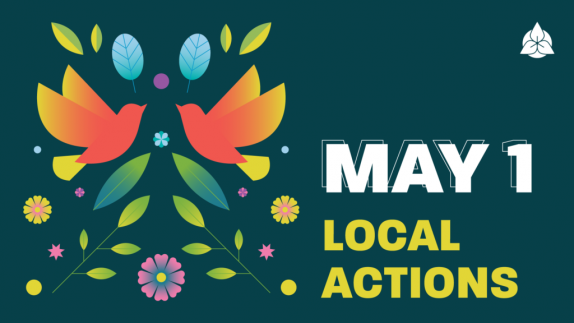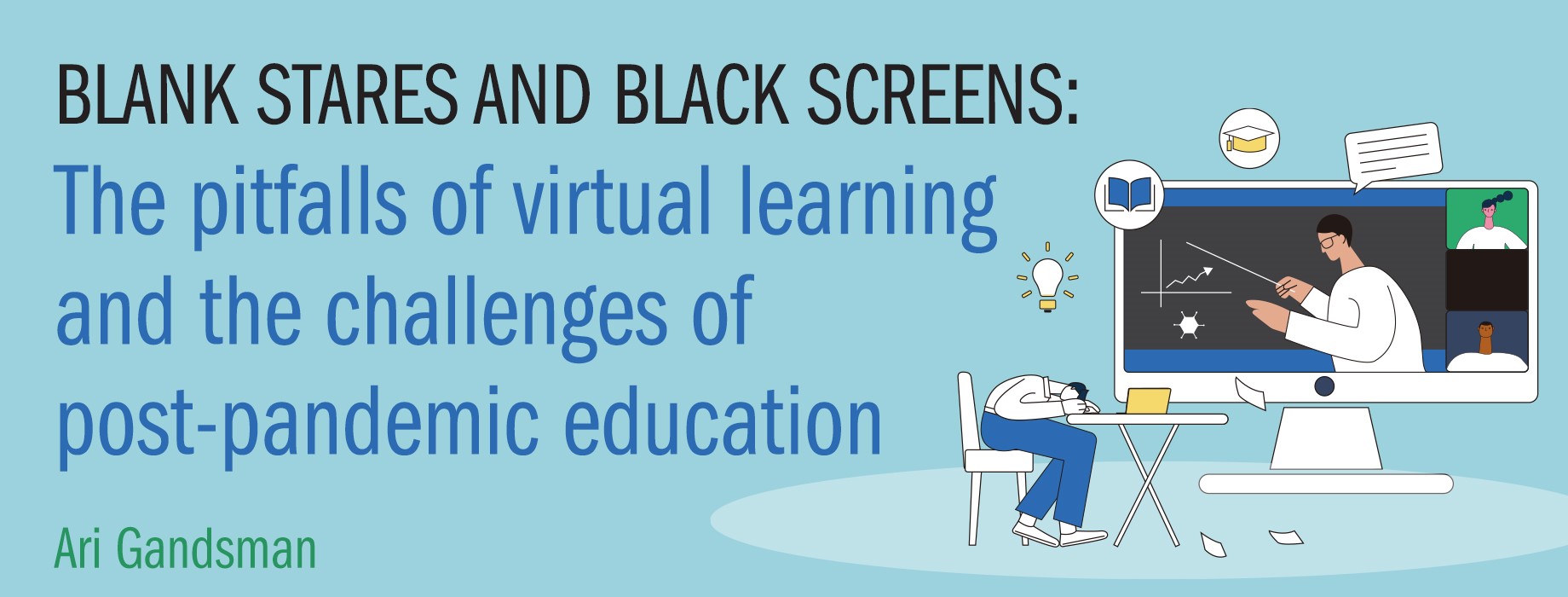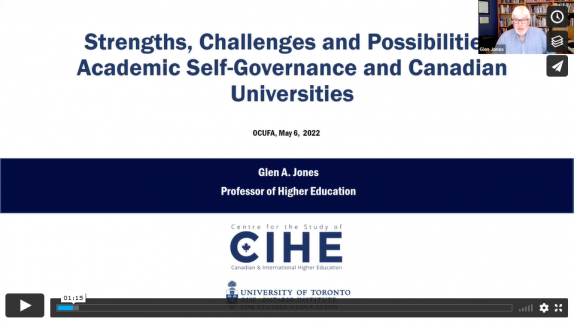
On May 6, the OCUFA University Governance Committee held a virtual workshop, entitled “The Erosion of Collegial Governance: Reclaiming Lost Ground.” The workshop was a hands-on, training-focused event aimed at supporting OCUFA member associations and faculty and academic librarian representatives on governing bodies in their advocacy and activism around shared governance.
The workshop was introduced by OCUFA President Sue Wurtele, who reflected on current threats to collegial governance and the importance of advocacy during the provincial election. A stellar set of speakers and panelists contributed throughout the day, including a keynote speech by Dr. Glen Jones, an esteemed higher education scholar with extensive experience in collegial governance research and advocacy.
Speakers from across Canada presented on numerous aspects of collegial governance, including wins and failures; how crises and emergencies offer threats and opportunities for collegial governance; the things faculty and their associations need to know about university acts; and what member organizing on governance can look like. There were also opportunities for small group discussions where the attendees engaged with each other, discussed local issues, and reflected on what they learned throughout the day. The workshop was a valuable opportunity for conversation on university governance and the role faculty, academic librarians, and their associations must play in order to preserve collegial governance.








